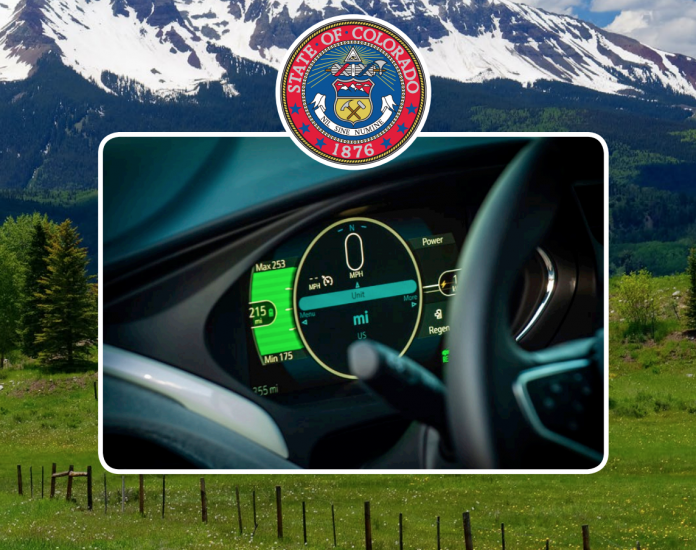Colorado has committed to transitioning the state’s transportation system to zero-emission vehicles (ZEVs), as reported in the recently released Colorado Electric Vehicle Plan 2020.
In 2018, Colorado released its first electric vehicle (EV) plan, setting forth goals, actions and strategies to develop EV fast-charging corridors across the state and establish a target of 940,000 EVs by 2030. The long-term goals of the plan include electrifying every light-duty vehicle in the state and transitioning every medium- and heavy-duty vehicle in Colorado to a ZEV.
The state has seen significant achievements in the two years since the first plan’s release, including an award of a contract to ChargePoint for the build-out of EV fast-charging stations at 33 sites along Colorado’s major transportation corridors, a state investment to install 351 EV chargers, and the adoption of a ZEV standard in August 2019 with the support of the auto manufacturing industry.
Despite these achievements, more needs to be done. Environmental impacts from the transportation sector – and the resulting health and economic consequences – are a major concern. Greenhouse gas emissions from vehicles will soon be the top source of emissions in Colorado and a significant portion of the state is classified as an ozone non-attainment area by the U.S. Environmental Protection Agency.
Transportation is one of the two largest sources of ozone precursors, along with oil and gas production, and reducing transportation emissions is a critical part of the state’s strategy to meet federal health-based air quality standards.
To read the full Colorado Electric Vehicle 2020 report, click here.







